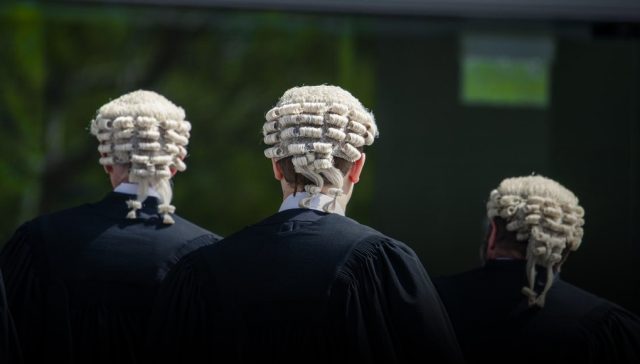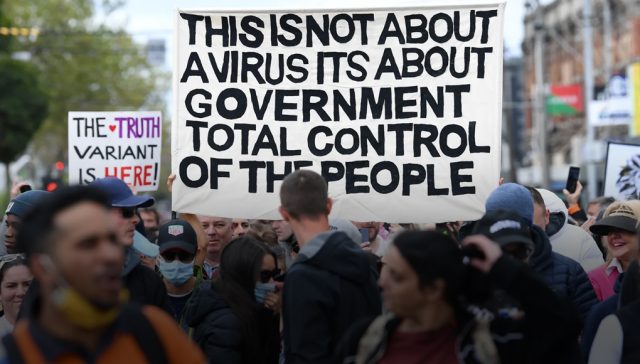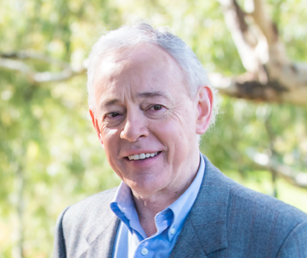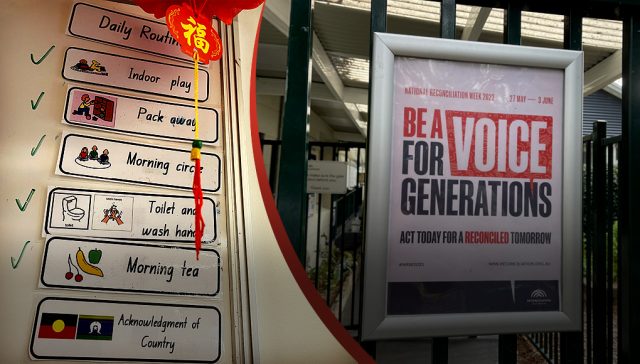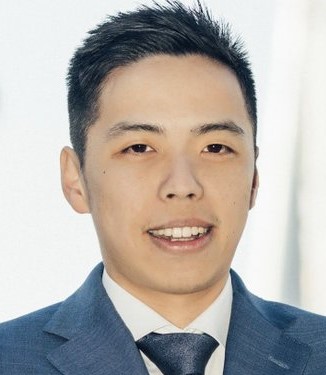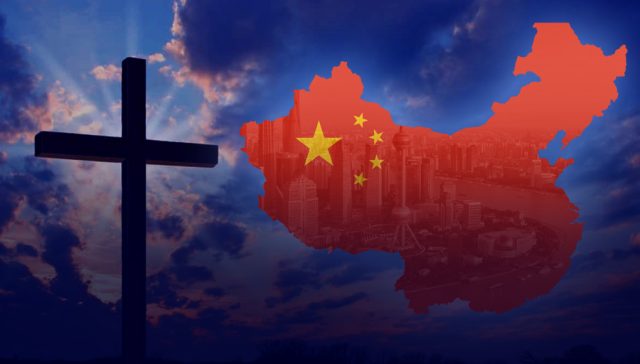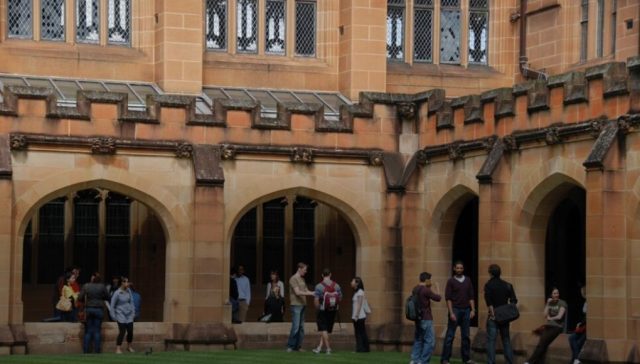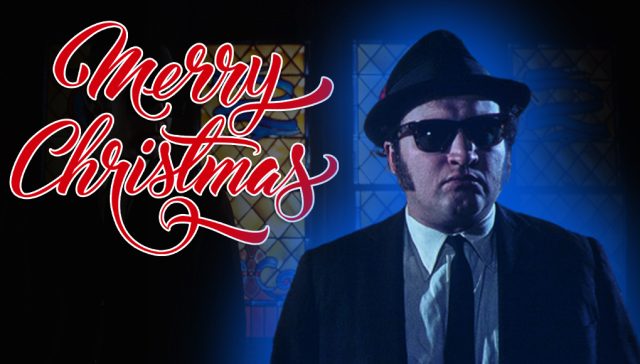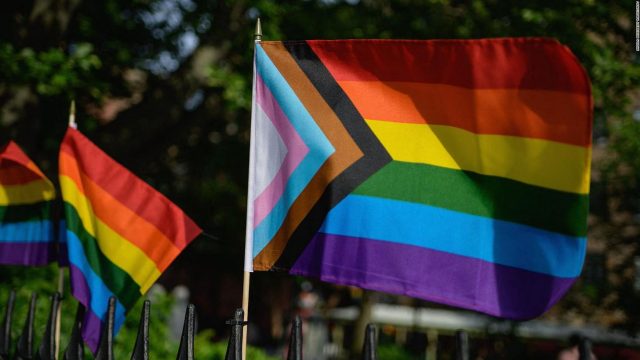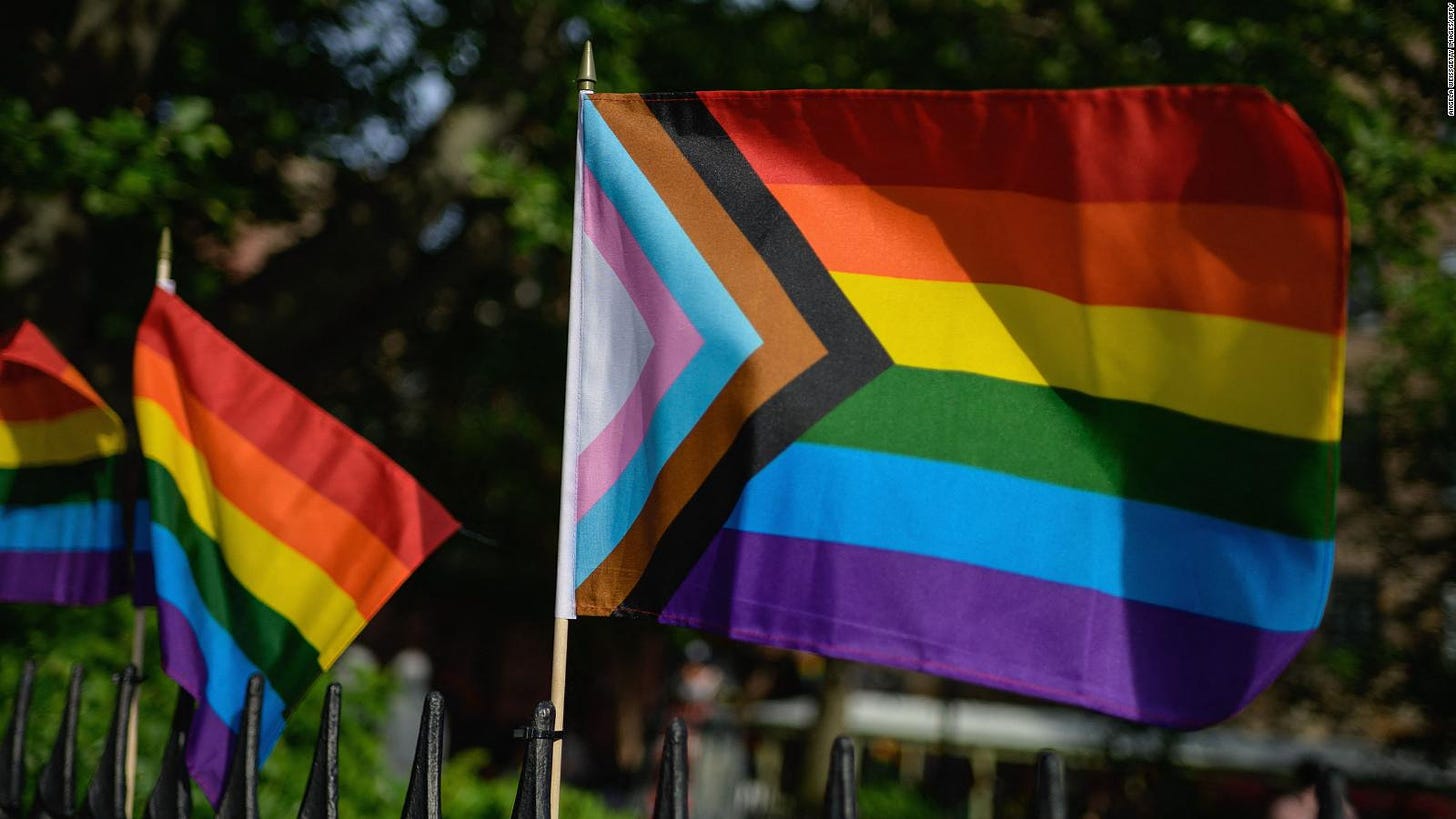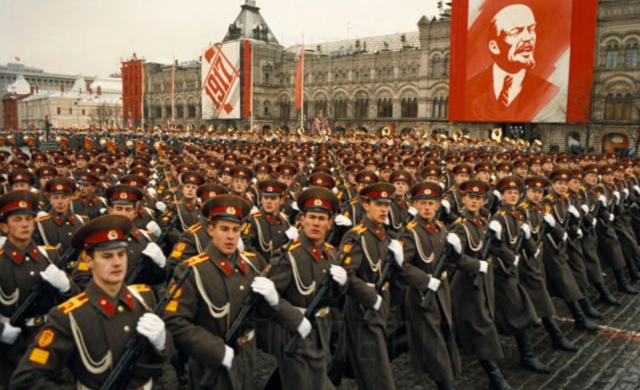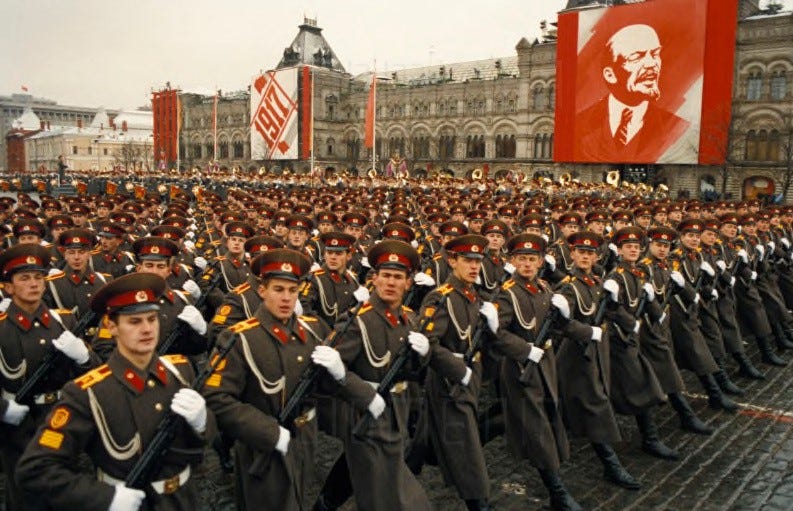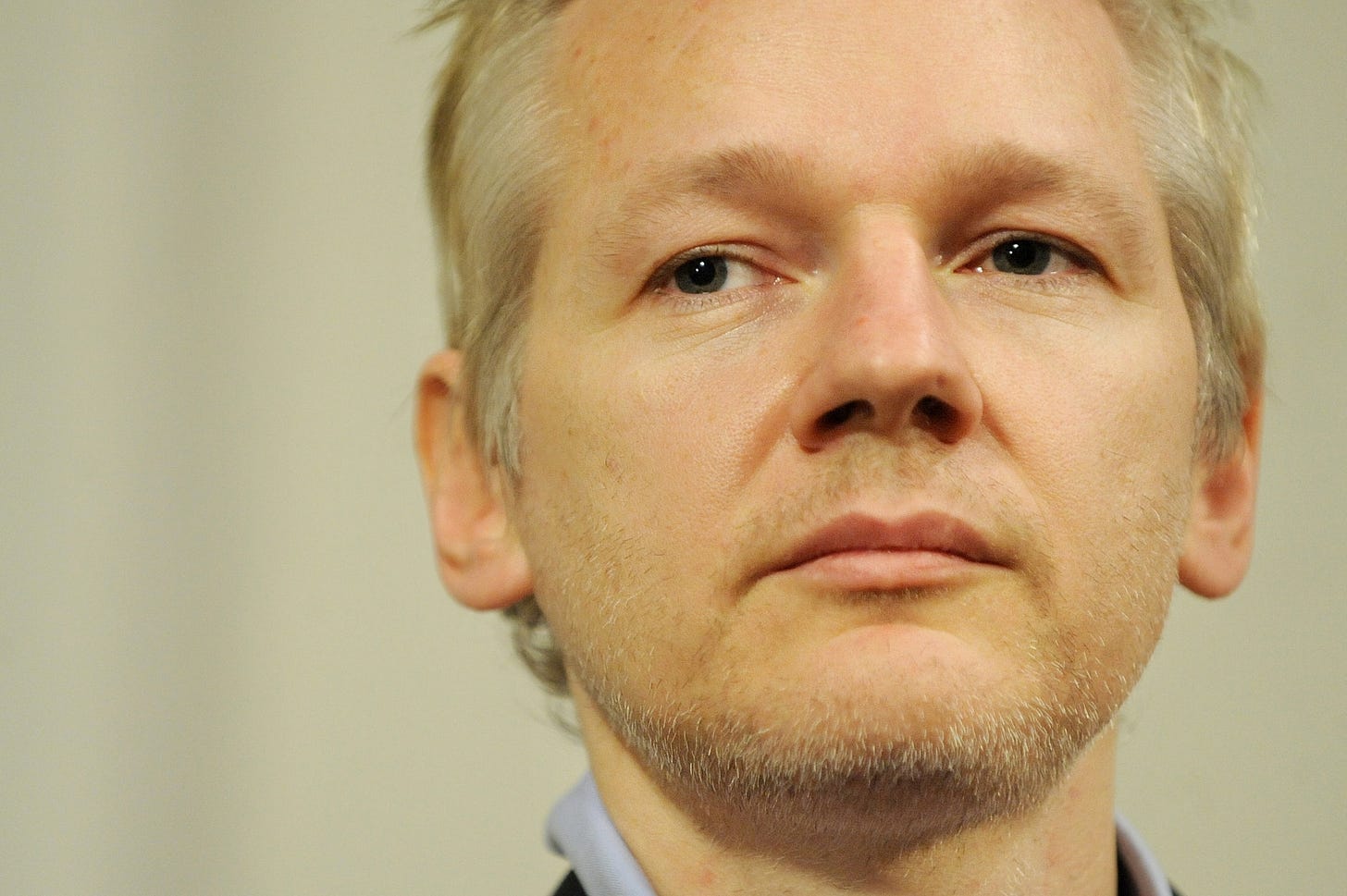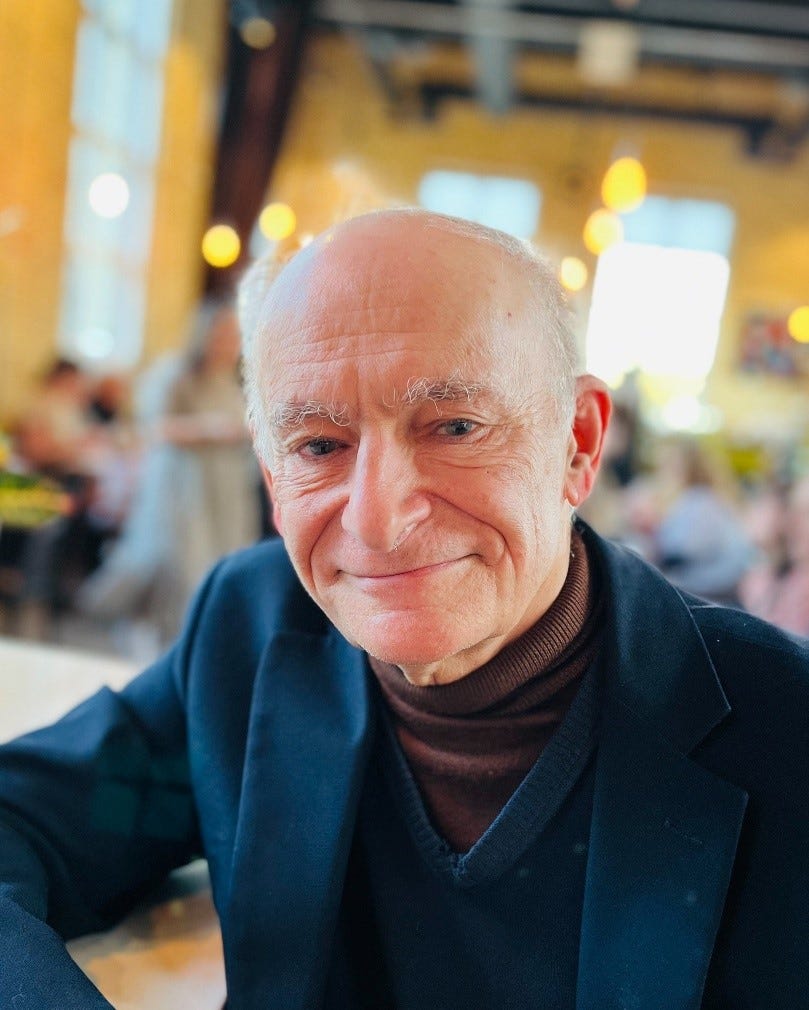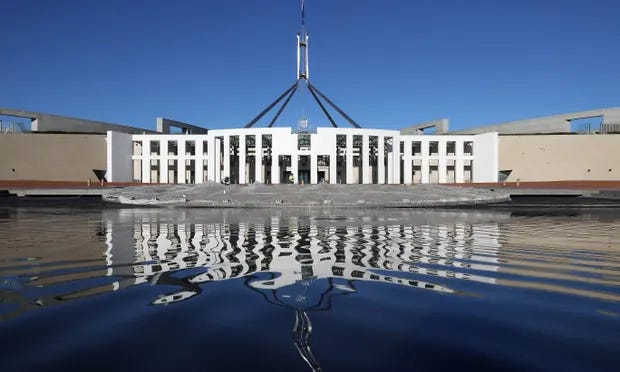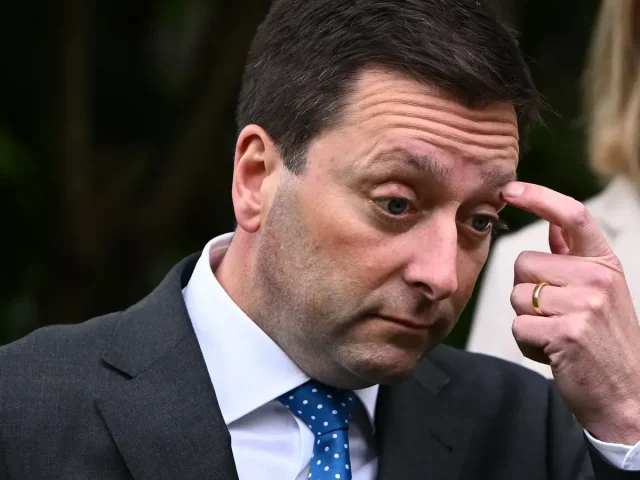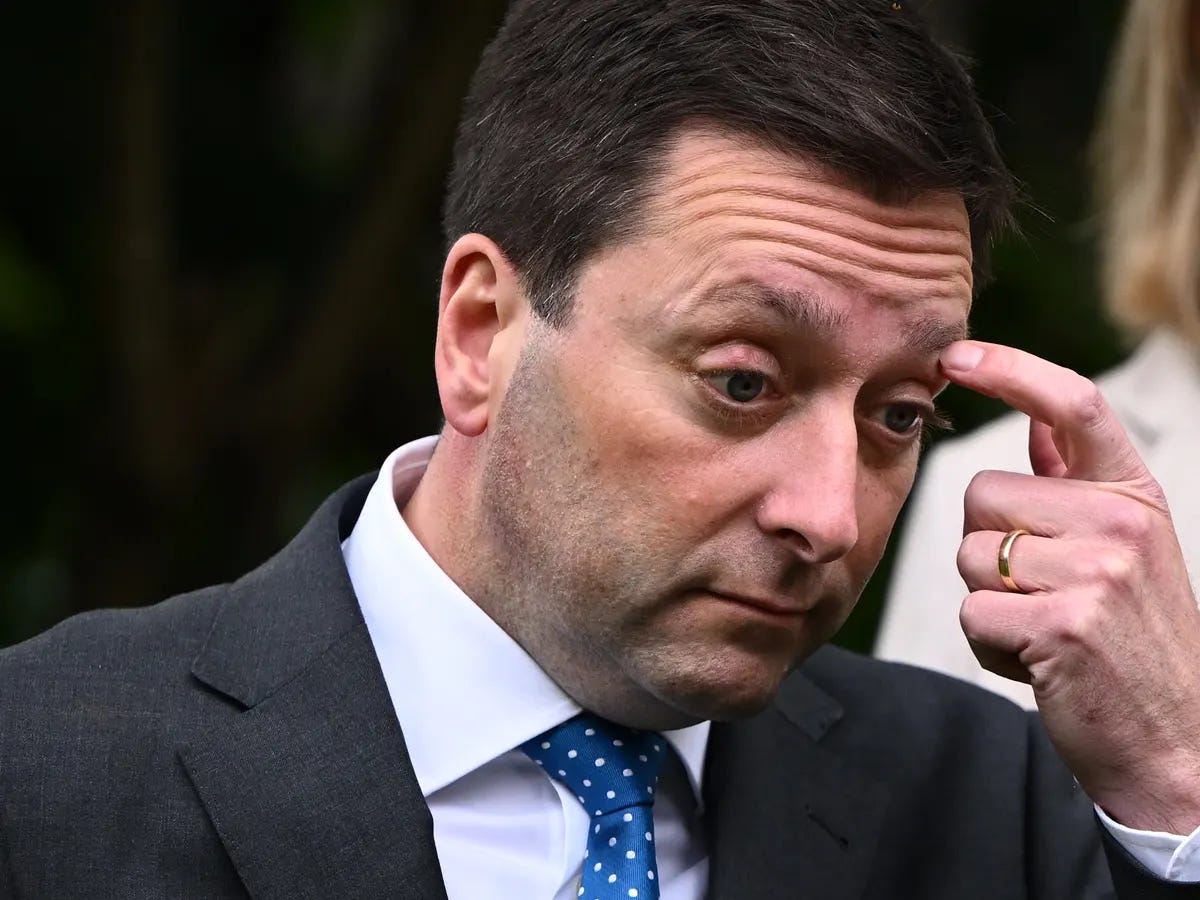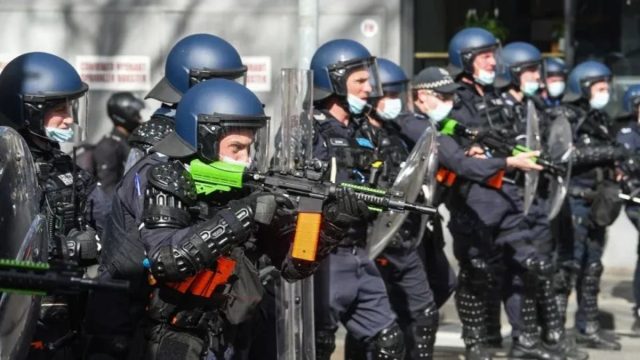The Best Lack All Conviction
Anti-Semitism is on the march because no-one in authority will stand up to it.
It’s common for historians to portray the Sturmabteilung, the SA or “Brownshirts” as they were known, as a motley crew of rowdy young thugs looking to brawl. The reality, as detailed in Daniel Siemens’ Stormtroopers: A New History of Hitler’s Brownshirts, was far more concerning. In fact, the paramilitaries who propelled the fledgling Nazi party to absolute power were a million-member organization whose ranks included a disproportionately large group of university students and middle-class professionals (doctors, for example, were grossly over-represented in the Nazi membership).
In fact, the Nazis own propaganda lauded the “Workers of the Head and the Fist”. To that end, in 1926 the Nazis founded the National Socialist German Student League. The league was to foster ideological training at universities and to implement paramilitary training, and the ideal Nazi student was intended to be a man or woman of action, not an idle thinker.
The passage of the “Law for the Restoration of the Professional Civil Service” on April 7, 1933, was the student Brownshirts’ license to put their training into action. Jews were quickly and violently driven from German universities, whether as students or academics. “Paramilitary student groups often interrupted lectures, provoked skirmishes, and physically intimidated Jewish students.” [W. B. Yeats, “The Second Coming”]
Even the Nazis knew that economic collapse, Versailles, even anti-Communism, were their best-selling points rather than anti-Semitism.
In 1934, the Nazi Student League took over the Student Union.
Is all of this sounding grimly familiar yet?
Highly organised, ideologically-motivated and, above all, viciously anti-Semitic student organisations are taking over university campuses once again. Jewish students and professors are verbally and physically assaulted. And campus authorities are either openly complicit, or spinelessly hopeless.
The best lack all conviction, while the worst are full of passionate intensity.
If anyone is in doubt about the absolute moral swamp that Australia’s universities have become, as the vicious herd mentality of student activism reaches a dangerous pitch not seen in the West since the 1930s, consider what our million-dollar-a-year vice-chancellors are doing.
Worse than nothing.
Consider the “brave”, “forthright”, “line in the sand” statement by Western Sydney University chancellor Jennifer Westacott. In just 844 words, Westacott mentioned “anti-Semitism” five times and “Islamophobia/Islam” three times. The same double act runs through her anecdotes: 58 words, two sentences about visiting the Holocaust Museum; 67 words, three sentences dedicated to lauding Muslim “asylum seekers”.
Remember, this was supposed to be a forthright condemnation of campus anti-Semitism.
Instead, every time, it was “anti-Semitism and…” “Anti-Semitism, Islamophobia, or any form of abhorrent discrimination.” “Anti-Semitism, Islamophobia, racism, hate speech or intimidation.” “growing division and creeping anti-Semitism.” “hate speech and anti-Semitism.” “anti-Semitism and hate speech.”
One is left with the overwhelming impression that the crisis on university isn’t about anti-Semitism at all.
Why does an opinion piece posing as a beacon of moral clarity on campus anti-Semitism need to repeatedly add, “…and Islamophobia”? Is there an anti-Muslim camp on a single university in Australia, let alone the world? Are campuses hosting activists celebrating the murder of Muslims, and promising to visit future terror attacks on Muslims? Are Muslim students being attacked daily, physically and verbally?
We know perfectly well that the answer to all of those is, “no”.
So why the moral equivalence?
And this is the best statement that any chancellor or vice-chancellor has yet made.
Everywhere we look to campus authorities for moral clarity, there is, at best, mealy-mouthed moral equivalence.
Jane Hansen, the chancellor of the University of Melbourne, Australia’s highest-ranked university, refuses to even acknowledge an anti-Semitism crisis. Instead, it’s the same gutless waffle about “many different forms of racism”. Worse, Hansen claims that even questioning supine university leaders is merely “looking for division”.
The best lack all conviction, while the worst are full of passionate intensity.
Ditto University of Sydney chancellor, Belinda Hutchinson.
This isn’t a “line in the sand”, it’s dragging a rotting jellyfish along the low-tide line, hoping the sharks won’t bite too hard.
I’ve often wondered what it must have been like for the average German, seeing your country slide, inch by inexorable inch, into anti-Semitic tyranny. I’m finding out in the worst possible way.
After all, even at its peak (curiously, perhaps, in the last year of WWII), only 12% of Germans were Nazi Party members. In the crucial years of the early 1930s, only 1% of Germans were members. Even among card-carrying Nazis, anti-Semitism was of little to no concern.
Academic Peter Merkl wrote an exhaustive study of the history of hundreds of foundational Nazis. He found that 33.3 per cent of them showed no interest in anti-Semitism, 14.3 per cent expressed “mild verbal clichés” regarding Jews, 19.1 per cent displayed “moderate” disdain for Jewish cultural influence in Germany, while only 12.9 per cent advocated “violent countermeasures” against Jews.
Even the Nazis knew that economic collapse, Versailles, even anti-Communism, were their best-selling points rather than anti-Semitism. In the years leading up to the crucial elections that finally propelled the Nazis to the point where they could seize power (even in 1932, the Nazis never won a majority; Hitler was appointed Chancellor in 1933, not democratically elected), even Hitler toned down the anti-Semitic rhetoric. By 1930, he “seldom spoke explicitly of Jews,” says historian Ian Kershaw.
The gambit, tragically, worked: of the thousands of Jews who fled Germany in 1933, 16,000 returned in 1934.
That’s how nations slide into murderous tyranny: one step at a time. Every outrage becomes anodyne, and the outrages escalate. One year, student activists are driving Jews from campus; four years later, Jewish businesses, synagogues and houses are trashed in an orgy of violence.
And it’s far from over. We all know what happened over the next decade.
Right now, we’re just at the “students trying to kick Jews off campus” stage. Where we go next depends in large part on the nation’s leadership.
Which, from academia to the floors of parliaments, is almost completely missing in action — or worse.
Punk rock philosopher. Liberalist contrarian. Grumpy old bastard.
I grew up in a generational-Labor-voting family. I kept the faith long after the political left had abandoned it. In the last decade or two, I’ve voted at times for just about all of the major parties and quite a few of the minor ones.
My vote may have changed, but those basic working-class values I grew up with never have.







